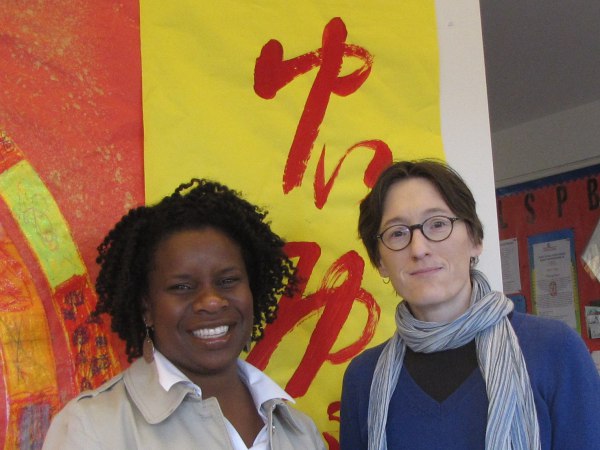Only The Most Talented and Most Bangingist Police Departments Take On the #RunningManChallenge
If you haven’t heard of the running man challenge it is probably because you are old and too consumed by the National Conventions and the pundit debates to realize that our police officers have grabbed hold of the latest challenge for an amazingly fun and creative video challenge started by two young men that failed to pay attention tin their economics class.
Where did the #RunningManChallenge start!
These are the videos from my favorite police stations. Unfortunately the two Southern California stations – San Diego and LAPD didn’t make the cut. Waiting for Oakland and SFPD to put out something strong.
Hollywood Police Department
This was the first Running Man Challenge I watched and got me hooked. So I have to give love to Hollywood PD in Florida. Technically there are a lot of problems with voice and sound over but it is just so damn cute.
Detroit Police Department
I loved it because they kept it simple and they had great choreography. Again I just have a thing for break dancers. But Detroit was short and sweet. They just brought their A game. Not a lot of community members but good delivery.
Atlanta Police Department
They are clearly the most coordinated of any of the police stations that I watched and they just had so much damn fun. I really enjoyed watching this video. It didn’t make the top three because with Jermaine Dupree and Big Boi it could have done much more.
Cotton Creek Police Department
Let’s be clear I think I love this for a few reasons – their video production is nice. They have the least skilled dancers. They included the Fire Department and I’m just soft for Firemen. And the closing song is one of my favorites.
San Antonio Police Department
Not only did they have the cutest narrative but the pop locking just did not stop. I also loved the Star Wars dancers. I think this is my top pick!
Cincinatti Police Department
Okay, they take the cake in the video production. The dancing is off the chain. More pop lockin and the snake which I am clearly a fan of. Kids and more kids which is super cute. Everyone is smiling and dancing. As a previous drill team member the fact that they spelled out CPD on the football field was a huge bonus. I can’t stop with the great things they did – starting with the WKRP theme song – again a HUGE favorite of mine. Swerving on the hubber boards – they clearly displayed lots of swagger in this video. Definitely a favorite. The kid dancers were also super strong. All out amazing.
The Township of Irvington
They are the best because they started with their own singer, Elmo, Ninja Turtles and Elsa!!. As for production it was excellent!! They reached out to the community with the best darn kid dancers. And they had Firemen – I did say that was a weak spot for me right.
North Charleston Police Department
They make the cut because they have swat, bicycle, beat and boat officers joining in the fun.
Farmington Police Department
I love this video because it is short and sweet. They acknowledge that they may be limited in their dancing skills and capitalize off of their one super star – Super Man.





